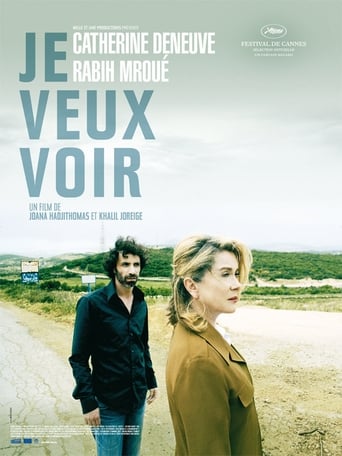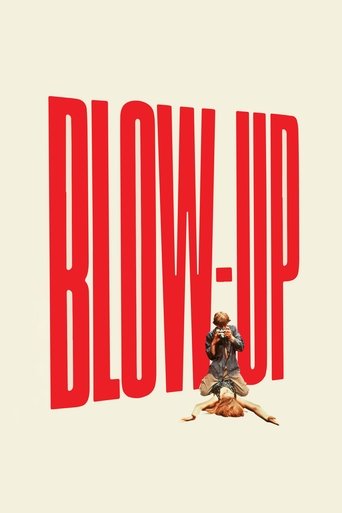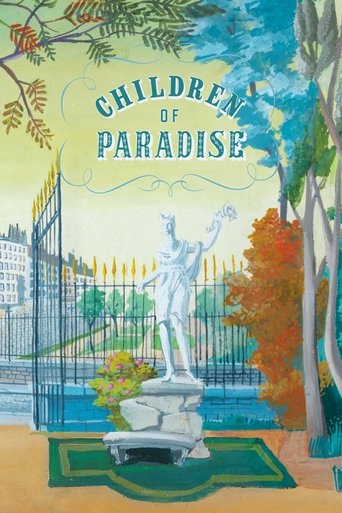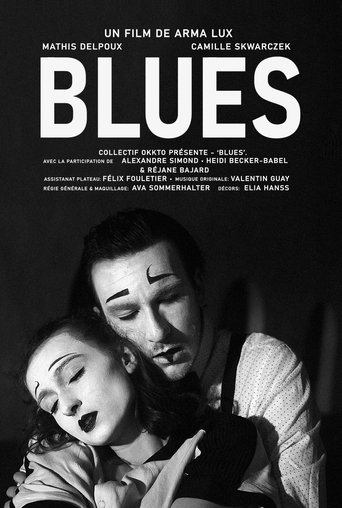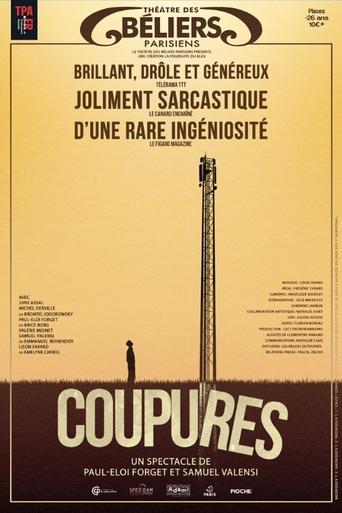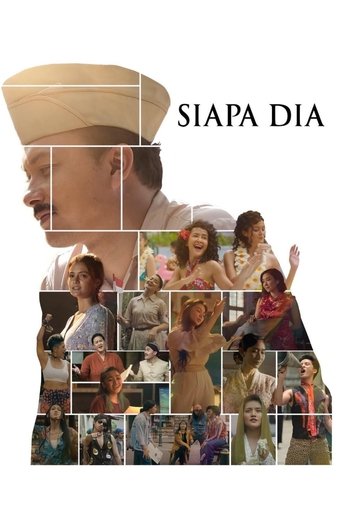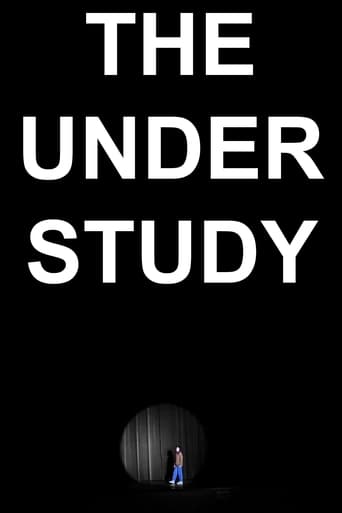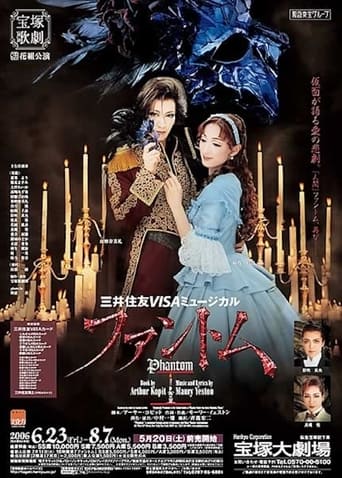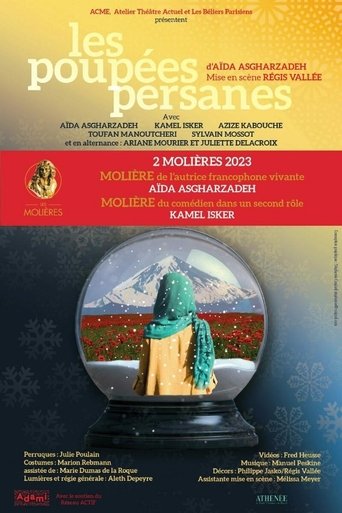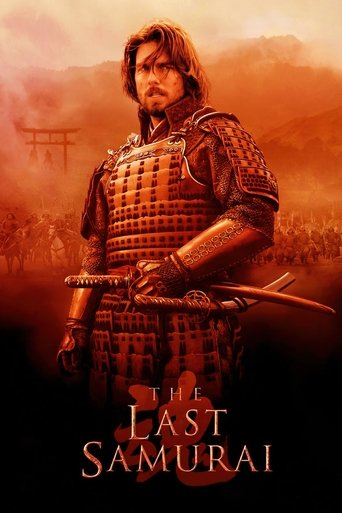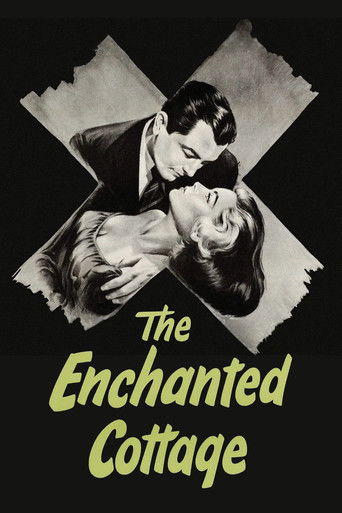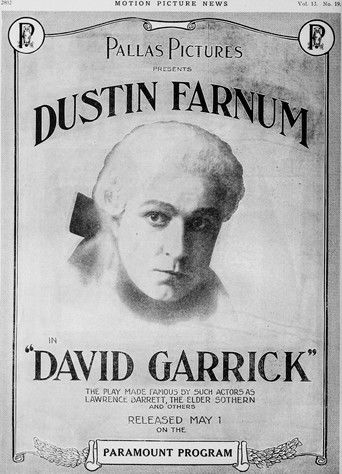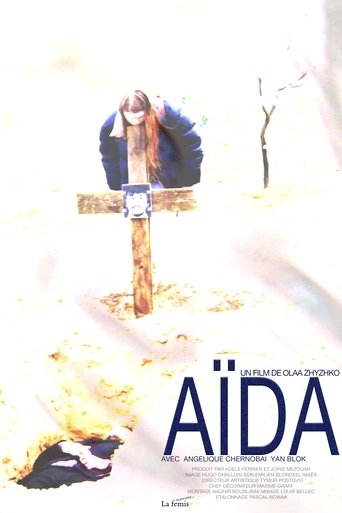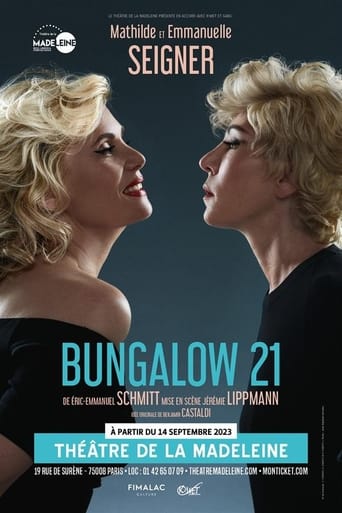
Bungalow 21
In 1960, two legendary couples stayed at the Beverly Hills Hotel in Los Angeles. Simone Signoret and Yves Montand stayed in bungalow 20: they loved each other, they were beautiful, still young, full of life, at the height of their fame. But Marilyn Monroe, staying in the neighboring bungalow, was an irresistible woman whose relationship with writer Arthur Miller was on the rocks. Simone became friends with Marilyn, while Yves filmed with her, trying to resist her seduction. Unfortunately, Arthur left. The lives of four people are shattered. Neither woman will ever truly recover from this affair, and each will be plagued by doubt. Recorded on January 12 and 13, 2024, at the Théâtre de la Madeleine in Paris's 8th arrondissement.
